Broad-Based Employment Drives Demand in Tampa
Robust investor interest and broad employment gains are driving demand across asset classes, with population growth leading to higher multifamily occupancy rates and rents, Yardi Matrix data shows.
By Robert Demeter
The Tampa-St. Petersburg multifamily market is healthy, displaying solid fundamentals and producing strong rent growth. Robust investor interest and broad employment gains are driving demand across asset classes, with population growth leading to higher occupancy rates and rents.
The economy is still led by trade and transportation, and with Port Tampa Bay’s newest master-planned project, Vision 2030, the port will continue to create new business, while building upon its existing industries. In 2016 alone, the port had an economic impact of $17.2 billion. Health care is booming and job opportunities in science, technology, engineering and mathematics (STEM) are drawing young professionals to the market. In the first quarter of 2017, professional services firm BlueLine Associates announced the relocation of its headquarters to Tampa, with Alignment Healthcare and American Express Global Business Travel also leasing significant space.
Investors are attracted to Tampa Bay due to the metro’s strong apartment fundamentals and low entry costs. Last year, a record $2.4 billion worth of multifamily assets traded. More than 9,100 units were under construction as of April, with over half expected to come online this year. Rents rose 3.6 percent to $1,108 year-over-year through April, outpacing the national average, and we expect rent increases to reach 5.8 percent by year-end.
Read the full Yardi Matrix report.


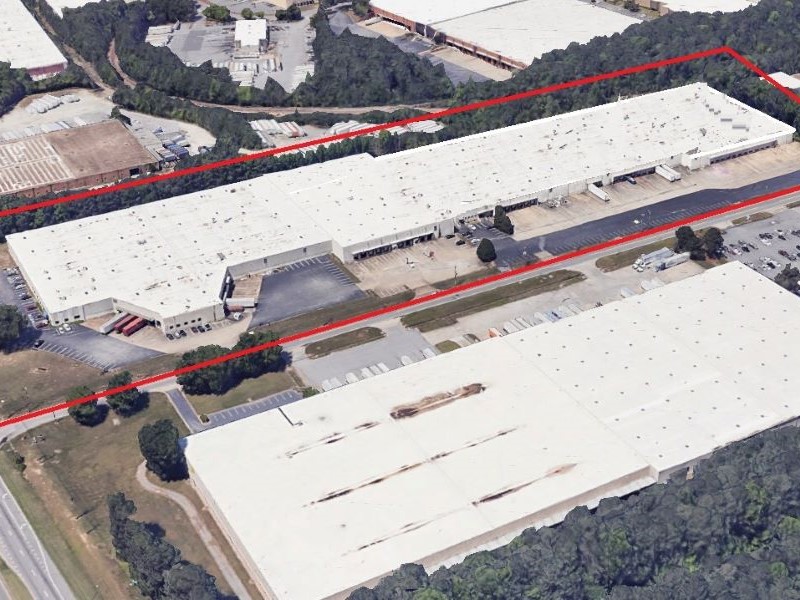
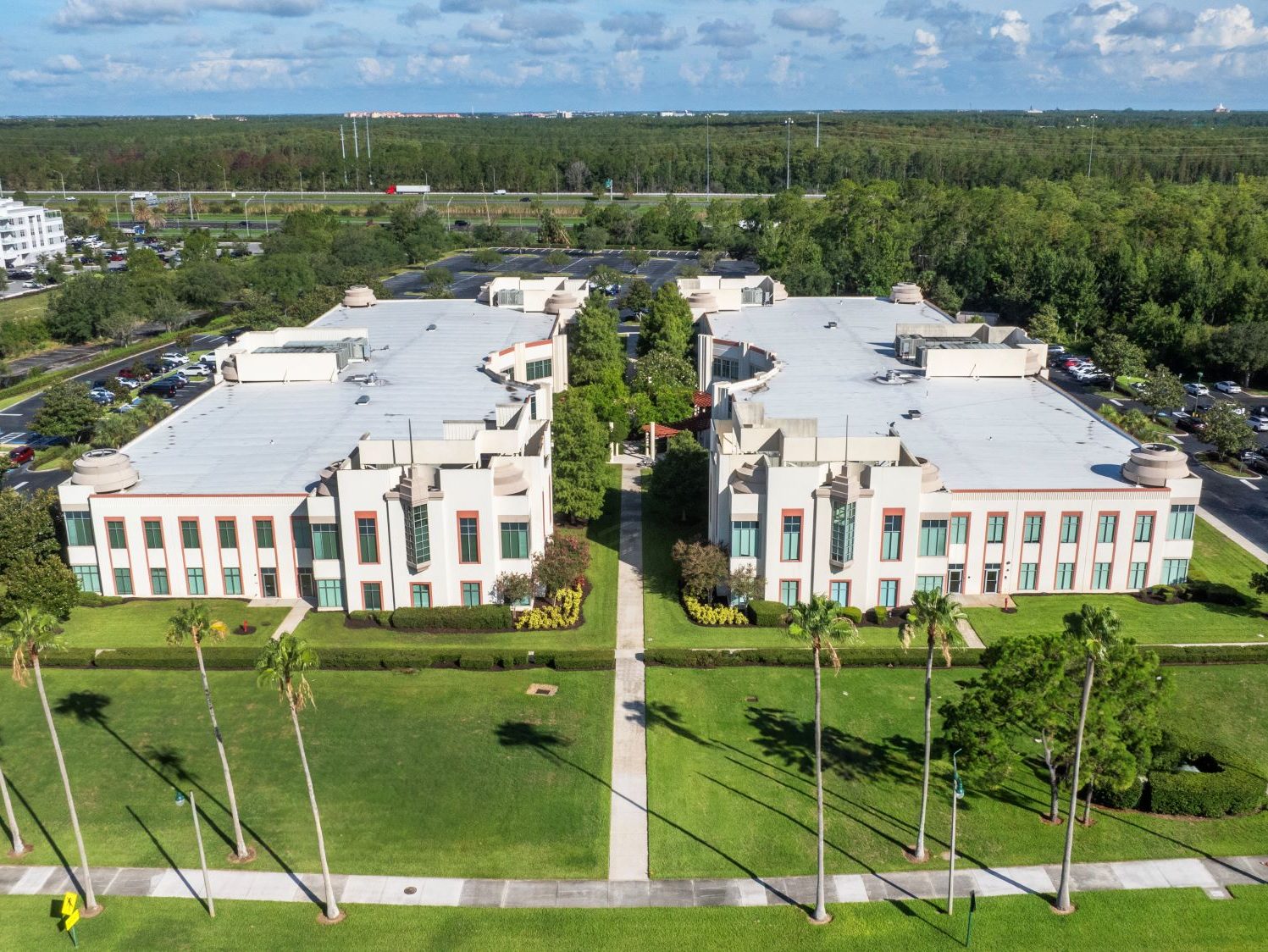
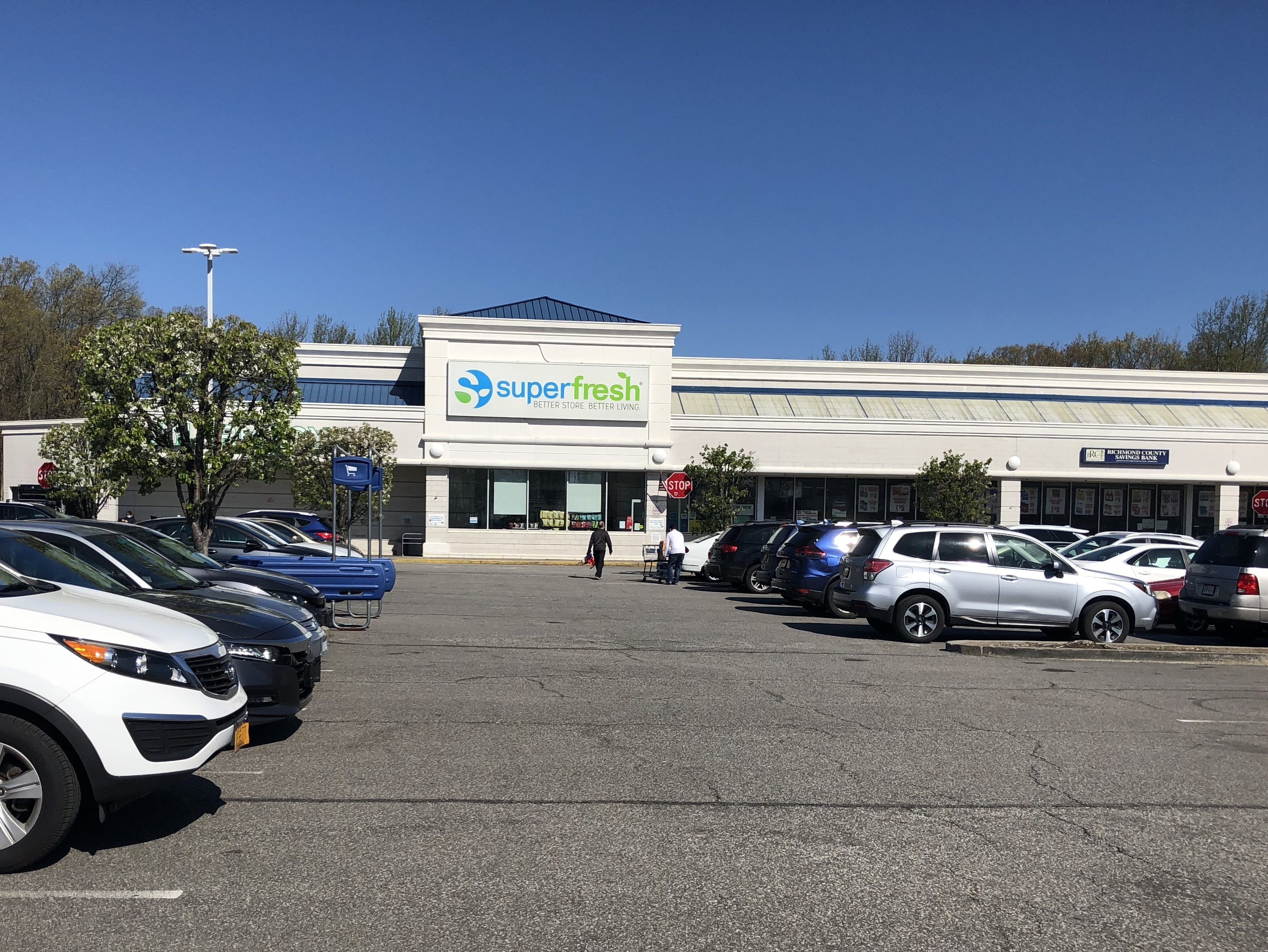
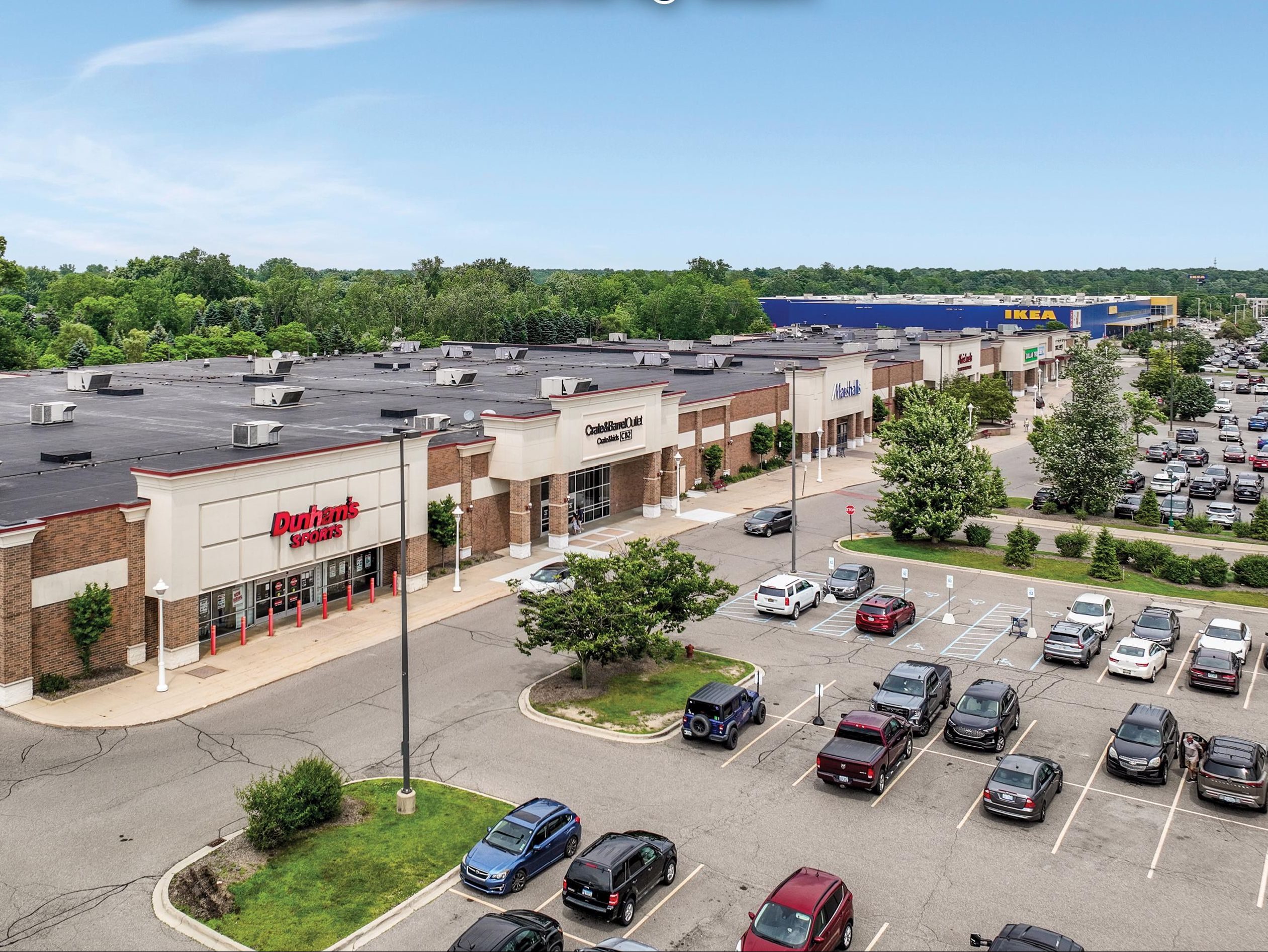

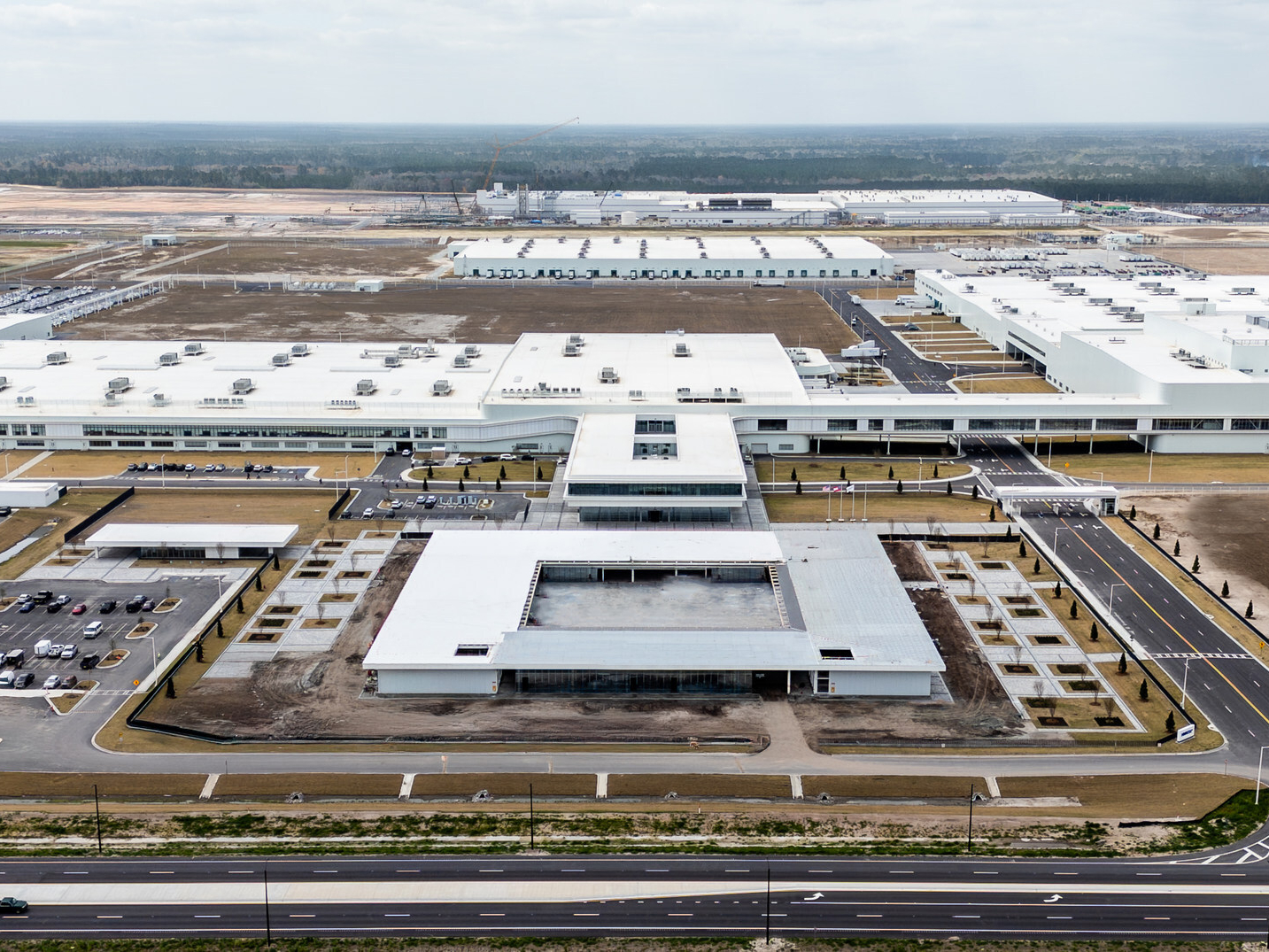
You must be logged in to post a comment.